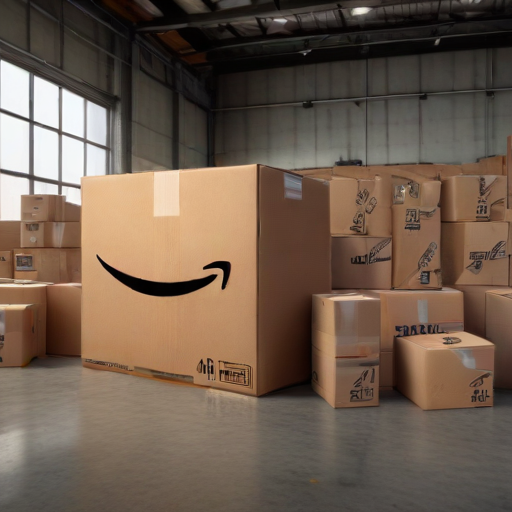During the busy holiday season, Amazon is facing significant challenges as the Teamsters union stages large-scale protests against the tech giant. Amazon delivery drivers at seven facilities across the United States walked off the job in protest on Thursday, following Amazon’s refusal to engage in negotiations about a labor contract. This action has been characterized by the Teamsters as the largest strike in U.S. history involving Amazon, with demonstrations occurring at “hundreds” of additional locations.
Amazon, which has a workforce of approximately 800,000 in its U.S. delivery network, has claimed that its services will not be disrupted despite the protests. The company asserted that most of those participating in the strike are outsiders and not actual Amazon employees or partners. While the exact number of participants remains unclear, the Teamsters union states that thousands of workers have been involved in the demonstrations, which have garnered international attention, including participation from members of the United Services Union (ver.di) in Germany.
The Teamsters represent nearly 10,000 Amazon workers and are pushing for recognition from the company, alleging that Amazon is neglecting its responsibility to negotiate over wages and working conditions. Sean O’Brien, the union’s general president, indicated that the strike is a direct consequence of management practices that have worn workers down. He pointed out that any delays in package deliveries during the holidays could be attributed to Amazon’s prioritization of profit over employee welfare.
Notably, the Teamsters have a history of negotiating strong contracts for their members, especially at companies like UPS. The current situation with Amazon involves complex employment dynamics, as many drivers are employed by third-party firms, which complicates direct accountability. Recent legal determinations have shown preliminary support for the union’s stance in some instances. Additionally, there’s a notable development in Staten Island, New York, where Amazon employees successfully ratified a union election, though progress in contract talks has been slow.
Amidst the uncertainty, this striking movement can be seen as a critical moment for labor relations within the tech and logistics industries. Workers’ collective actions during this holiday season underscore the growing momentum of labor movements advocating for fair treatment and improved conditions in the workplace. This situation could serve as a pivotal point for future negotiations across much of the gig economy, potentially leading to more equitable practices in the long run.
